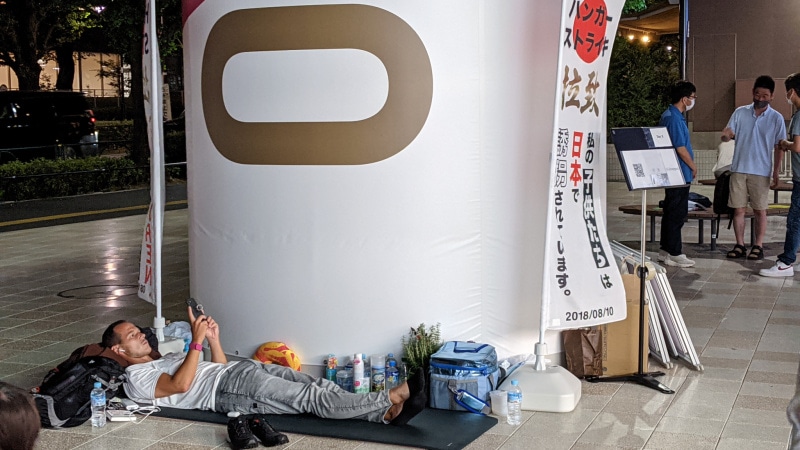We have been constantly getting a large number of consultations from overseas clients whose children were abducted to Japan by their Japanese spouses without the settlement of custody or visitation right. Arguments over whether Japan would join Hague Convention or not have been repeated for the past 10 years or so, but Japan have always put off the ratification until now.
We were concerned about how other countries saw us. Some of them condemned us as far as saying “Japan is not so different from North Korea in terms of the abduction of citizens”.
In my opinion, Japan still has a tendency of isolated policy that has been installed by feudalistic Shogunate until 150 years ago. Due to society and chronic depression, Japan will not pick up without speeding up globalization and be regaining competitiveness in the world.
As Japan formerly ratified Hague Convention, this field may be a new business field for private investigative agencies unless Japanese government sticks to a conservative notion and neglects the precious value of hour industry.
Japan to set up overseas support centers after joining Hague Convention
posted on February 18, 2013, by ADAM WESTLAKE in NATIONAL with NO COMMENTS
The Japanese government has stated that it plans to set up overseas centers in order to offer Japanese citizens legal support after the country formerly ratifies the Hague Convention, an international treaty for settling child abduction and custody disputes. The treaty specifies the procedures for repatriating children and is meant to prevent one parent from a failed international marriage from running away with the child back to their home country with the permission of the other parent.
Japan is one of the few first world countries that hasn’t joined, but Prime Minister Shinzo Abe has recently hinted that he will commit to joining while meeting with U.S. President Barack Obama this week. The U.S. has been one of the nations calling on Japan to join the Hague Convention, for a number of Americans, have been those whose Japanese spouse fled the country with their children, leaving with no custody rights in Japan, or even a way to make contact.
The treaty states that if a child aged 15 or younger is taken out of the country without the other parent’s consent, they will be brought back to the country where they normally reside in order for courts there to decide on custody rights. Even if Japan signs the agreement, it will have no effect on past or present cases of abduction, only those going forward. However, the government believes there will be an increase in the number of Japanese parents getting involved in child custody cases overseas, and thus wants to be prepared with support centers. Such locations will provide parents with a place where they can be introduced to lawyers, interpreters, and counselors who can explain the judicial system of the local country in their native language.




